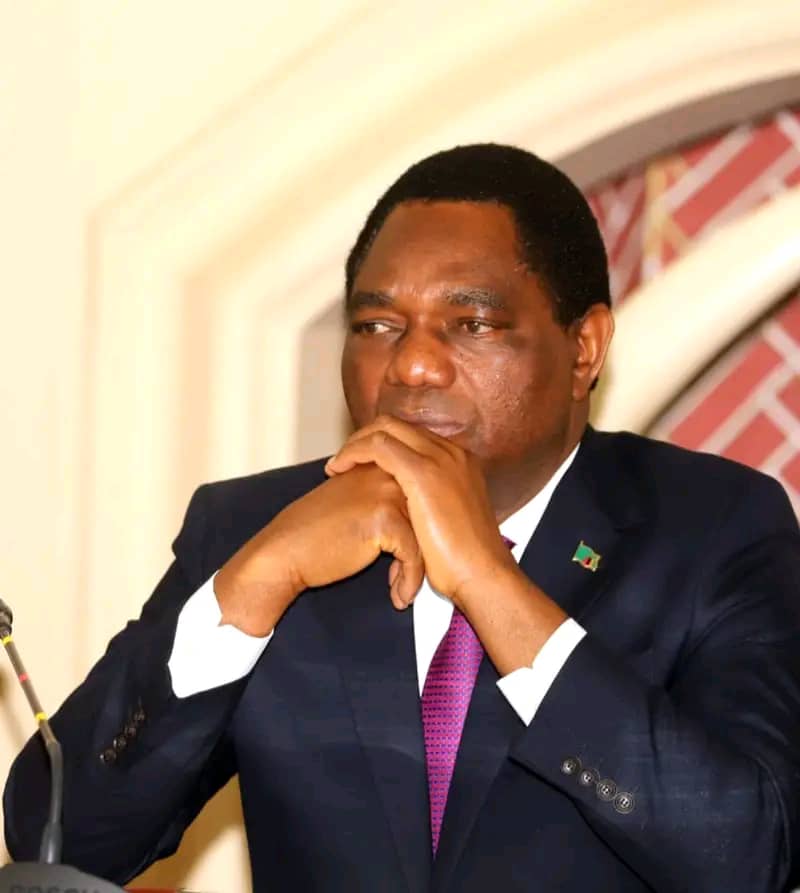By Burnett Munthali
Discussions on a Malawi Defense Forces (MDF) ex-soldiers’ platform have sparked critical debates on the country’s governance, military leadership, and overreliance on foreign aid. One of the key concerns raised is Malawi’s continued dependency on foreign assistance, which has been a reality since the country gained independence in 1964. However, despite receiving aid for decades, little tangible development has been realized due to widespread corruption and misappropriation of resources by political leaders.
The discussion was triggered by the decision of former U.S. President Donald Trump to halt foreign aid to Malawi and other African nations, a move that has reignited conversations about Malawi’s self-reliance and leadership. The general consensus among concerned citizens is that Malawi’s political system is unstable and erratic, often characterized by weak leadership and a lack of accountability. Comparisons were drawn to Burkina Faso and Rwanda—two African nations that, despite being under military leadership, have demonstrated significant progress in development.
Burkina Faso was previously seen as lagging behind in terms of economic and social development. However, under its current military leadership, the country is now making great strides. Similarly, Rwanda, under President Paul Kagame, has become a model of economic transformation despite criticisms of limited democratic freedoms. Kagame, a military man, has maintained stability and enforced strict policies that have propelled Rwanda into a development success story. These examples have led to discussions about whether military leadership could offer better governance solutions for Malawi compared to the existing civilian leadership, which is often plagued by political instability and corruption.
Another major issue raised in the discussion was the way retired army generals and ex-soldiers are treated in Malawi. Many participants lamented that ex-soldiers, particularly those who once held high-ranking positions, are often ignored and sidelined. This is despite the fact that they possess a wealth of knowledge, experience, and leadership skills that could greatly benefit the country. In many nations, retired army personnel are given advisory roles in government, security sectors, and national development planning. However, in Malawi, ex-soldiers feel neglected and underutilized.
A key debate in the discussion revolved around the role of the Commander-in-Chief of the Armed Forces—a position currently held by the President. Many ex-soldiers expressed the view that this position should either be abolished or separated from the presidency. They argued that the Commander-in-Chief should be the Army General, not a civilian politician. Their reasoning is that an Army General represents the interests of the entire nation, including both the ruling and opposition parties, whereas the President, as a politician, may use military power to serve personal or partisan interests.
The concern is that when a civilian President assumes the role of Commander-in-Chief, it gives them undue influence over the army, allowing them to interfere in military affairs, manipulate promotions, and use the armed forces to advance their own political agendas. Instead, the Army General should be given full autonomy in military administration, while the President should focus on national governance without direct control over the defense forces.
Given the challenges facing Malawi, the ex-soldiers’ forum proposed that former military officers should take on activist roles to advocate for change. However, they emphasized that their activism should take a different approach from that of current activists in Malawi, many of whom are perceived as politically motivated. The idea is for retired soldiers to speak out objectively and offer practical solutions on how best Malawi can be developed.
The central point of concern is that if nothing is done, Malawi’s situation will continue to deteriorate. Political leaders will continue to mismanage foreign aid, the military will remain under civilian political control, and the nation will struggle to achieve meaningful progress. To address these issues, structural reforms are needed—particularly in military governance, national leadership, and economic self-reliance.
The discussion on the MDF ex-soldiers’ platform highlights a growing sense of frustration among military veterans regarding the direction in which Malawi is heading. Their concerns reflect a broader national sentiment: the need for competent leadership, reduced dependency on foreign aid, and an empowered, independent military structure. Whether these proposals will gain traction in Malawi’s political landscape remains to be seen, but they certainly raise important questions about the country’s future governance and security framework.




